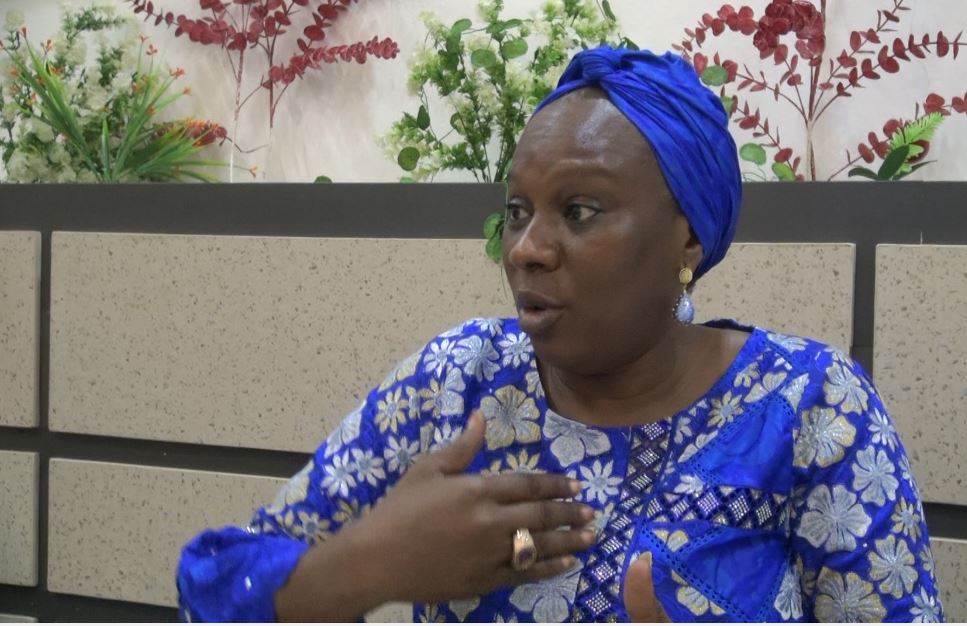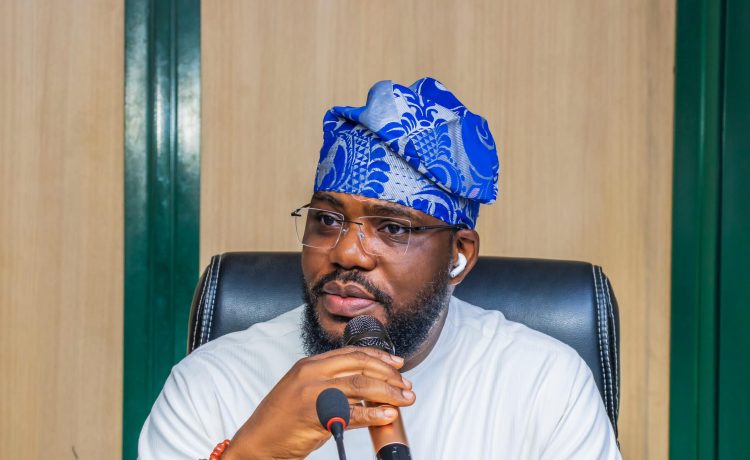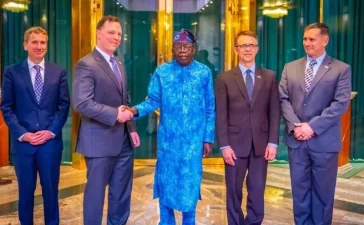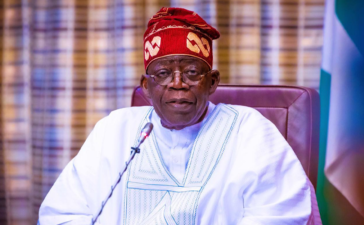In an effort to reposition Nigeria’s hospitality and tourism industry, the National Institute for Hospitality and Tourism (NIHOTOUR) is laying down critical foundations to regulate the sector, enforce training, and build a credible data system under the leadership of its current DG., Dr. Abisoye Fagade.

The NIHOTOUR Boss is pushing for mandatory certification of practitioners and accredited training institutions through a Public-Private Partnership (PPP) framework.
At the heart of this new direction is a simple goal: professionalize the industry by ensuring that no individual practices without proper training and certification.
Shortly after the Ilorin Durbar festival which came up last week, a group of Travel Journalists’, accompanied by the NATOP President, met with the NIHOTOUR DG who also attended the event.
The conversations focused on Nigeria’s Hospitality and as well Tourism Industry. AV1 News brings you highlights from the meeting.
AV1 NEWS: What is NIHOTOUR doing to standardize training in the tourism and hospitality sector?
DG NiHOTOUR: We recognize the importance of structured training in the tourism and hospitality industry, which includes areas like travel, restaurants, and hotels. However, due to lack of funding, we’re currently unable to provide comprehensive training ourselves. That’s why we’re adopting a Public-Private Partnership (PPP) model. We’ll register and certify private training institutions, make training mandatory, and ensure standardized curriculum across various disciplines. This will ensure that everyone working in the sector has been trained properly and is certified. In essence, we are positioning NIHOTOUR as a regulatory body that enforces quality and accountability through training.
AV1 NEWS: You attended the recent Durbar Festival. What was your impression, and how can future editions improve?
DG NiHOTOUR: The Durba was beautiful, but lacked professional coordination. It was largely run by cultural enthusiasts rather than trained professionals. There’s a clear gap in event management training, which affected the delivery. What we saw was raw potential — the crowd was there, the culture was rich, but the planning and structure were weak. Proper training and coordination would have turned it into a massive tourism and revenue success.

AV1 NEWS: Your background in Geography and Geostatistics is impressive. What other strategies are you using to manage tourism data?
DG NiHOTOUR : Yes, my background gives me a strong appreciation for data. When I took office, we had over 595 staff sitting idle in Abuja while we had campuses in 22 states. I reassigned staff to the states to help with data collection and sector engagement. We also partnered with FTAN, and the Nigerian Data Management Commission to ensure that data is gathered, used wisely, and protected. These strategies are new for NIHOTOUR — but absolutely necessary for long-term success.
AV1 NEWS: What foundations has NIHOTOUR built since you took office?
DG NiHOTOUR: Our first priority was stakeholder engagement across all levels. We began by identifying and registering the top management of key establishments — hotels, training institutions, restaurants, and travel agencies. We’re building a structure that makes it easier to regulate and enforce our policies. Once this framework is in place, businesses will better understand the need to train their staff, and staff will see the value of being certified. Ultimately, no one will be allowed to practice in the industry without sector-specific certification from an accredited institution.
AV1 NEWS: Is NIHOTOUR only certifying institutions, or will it also directly provide training?
DG NiHOTOUR: Yes, we will provide specialized training — primarily CPD (Continuous Professional Development), management, and mid-level skills development. These are focused on career enhancement and operational leadership. The basic and craft-level trainings will be handled by our PPP training partners who can invest in infrastructure and return on investment. But training will be compulsory across the board, regardless of who provides it.
AV1 NEWS: You mentioned onboarding many people. Has this brought any measurable benefit or data?
DG NiHOTOUR: Definitely. When I assumed office, I asked for data on the sector — but there was none. So we launched a voluntary registration drive to identify active operators. Now, we’re moving toward legislation that will make registration compulsory through NIHOTOUR. This is how we’ll build our primary data source. Additionally, we’re collaborating with state-level agencies like the State Criminal Revenues and have gathered information on over 2,700 individuals in the industry so far — a significant achievement.

AV1 NEWS: Would you say Nigeria’s hospitality industry has come of age?
DG NiHOTOUR: That depends on how you define “coming of age.” Many initiatives in Nigeria’s tourism sector are driven by individuals, not institutions. The private sector here often lacks accountability and structure. In developed countries, the private sector is the engine of tourism. In Nigeria, there’s resistance to policy implementation. My goal is to raise tourism’s GDP contribution to 9–10%, but we can’t get there without proper coordination and accurate data. Hospitality is a massive employer — arguably even more than agriculture — but it’s underreported due to lack of structure.
AV1 NEWS: How vital is data in developing the tourism and hospitality industry?
DG NiHOTOUR: Data is everything. Without data, planning and regulation are impossible. From my first day in office, we partnered with data agencies like FCCRS and engaged local leaders like the President of F-Town to help us collect accurate, verifiable data. Though it’s still a work in progress, we’re laying a solid data foundation that will support all future development.
AV1 NEWS: Madam, what role is NATOP playing in this tourism revitalization effort?
NATOP President Alhaja Bolaji Mustapha: At NATOP, we’re identifying and promoting tourism potential across Nigerian states — like with our “Taste of Kwara GETCentre” initiative and our company, Explore Kwara. We’re excited to collaborate with NIHOTOUR on training and certification.

We believe in forming committees that train themselves, mentor the younger generation, and coordinate tourism events professionally. Through advocacy, awareness, and standardization, we can grow tourism effectively in Nigeria.
We’re also pushing to have all NATOP members registered and certified — and anyone operating outside that system should be held accountable.







